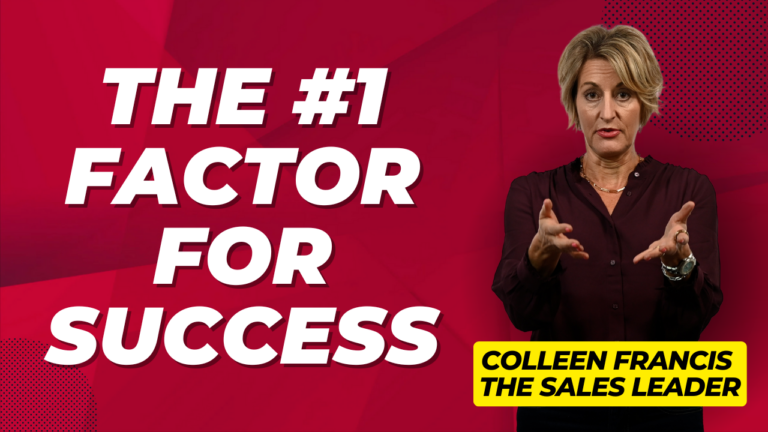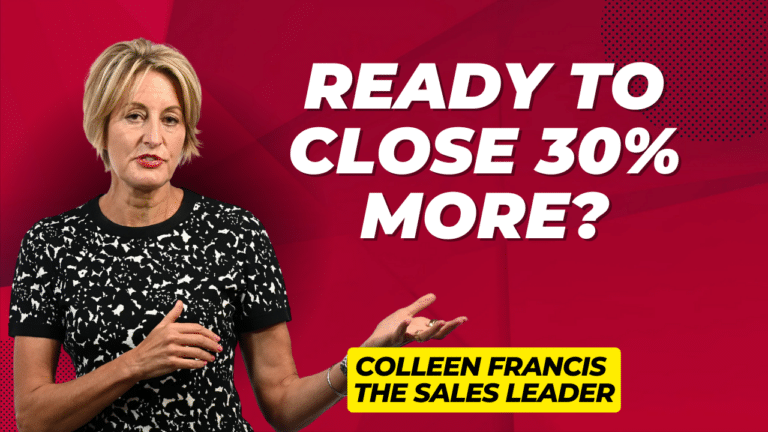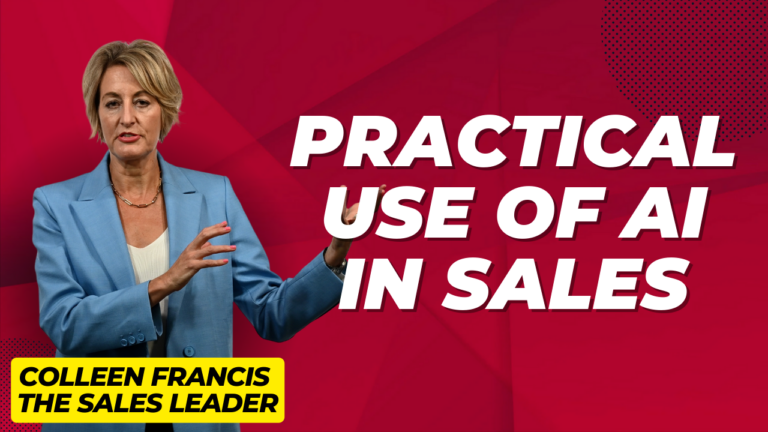It can feel like a big, scary problem when your customer starts demanding you renegotiate terms and prices on an existing agreement you have with them. But, it doesn’t have to be that way. As a sales leader, there are steps you must take to ensure you remain in the driver’s seat in challenging situations like this—no matter what.
So far in this three-part series on deal renegotiations, we’ve talked about the importance of pre-emptive steps that you must take to avoid these kinds of requests from happening in the first place. I recognize, however, that there are cases where buyers won’t budge: they want a new deal. Period. What then?
Create a strategic position for yourself: one that better situates you for success in your current round of discussions and safeguards you in the future from being caught without leverage.
Double-down on the value you are delivering. For over two decades now, I’ve been helping leaders build their sales teams, hit their targets, and enjoy strong, steady growth in their businesses. And as a troubleshooter, I consistently see them struggle with how they think about value in their selling process. Far too often, they treat it as something that only gets talked about when landing a new client: as though it’s something people only care about before they make the decision to buy…and then forget about it.
In fact, the reverse is true. The need to communicate value keeps growing after you’ve earned someone as a customer. And the telltale sign you’re not doing this enough? The fact that your customer wants a new deal! All they see is the money they pay. Value is about them understanding what that money can do. The more often you’re in front of the customer communicating value and showing them what you’re doing for their business, the less inclined they’ll feel to demand a new deal. A Georgia-based client of mine, Chad, was recently able to secure a 120% price increase with a client because he showed the customer repeatedly how they were saving $150,000 per year while tripling their output. Just by using his premium-priced product. Now that’s value!
Boost your signal. It’s the seller’s fault if their buyer doesn’t understand the value behind the product or service they’re paying for. Full stop. You’re too late to start talking about value when they’re pushing you for new terms. Always define and maintain the value you’re already delivering to your customer. Don’t wait for them to ask. Instead, equip them with a steady stream of meaningful, up-to-date facts about the products or services they buy from you. Show them the KPIs that illustrate how your solution is saving them money and time. Show them how their purchases from you perform favourably compared to those offered by competitors. Do this often. I recommend quarterly at least.
Go back to basics. Far too often, sales leaders and the sellers they manage have a tendency to forget the fundamentals behind what earned them a customer’s trust in the first place. There are very good reasons why they indeed picked you and your company in the first place. You must remind them of those reasons, again and again. If they’ve forgotten those reasons—and that request for a new deal is a big red flag affirming this—then you must get back to the basics and find ways to make your case again.
These three action points are far more than pre-emptive steps. They’re positioning activities that will help ensure you can negotiate from a position of power at any time. Remember: knowledge is power. Get serious about this, and you’ll be in a far better position for tackling the third and final part of this series.





